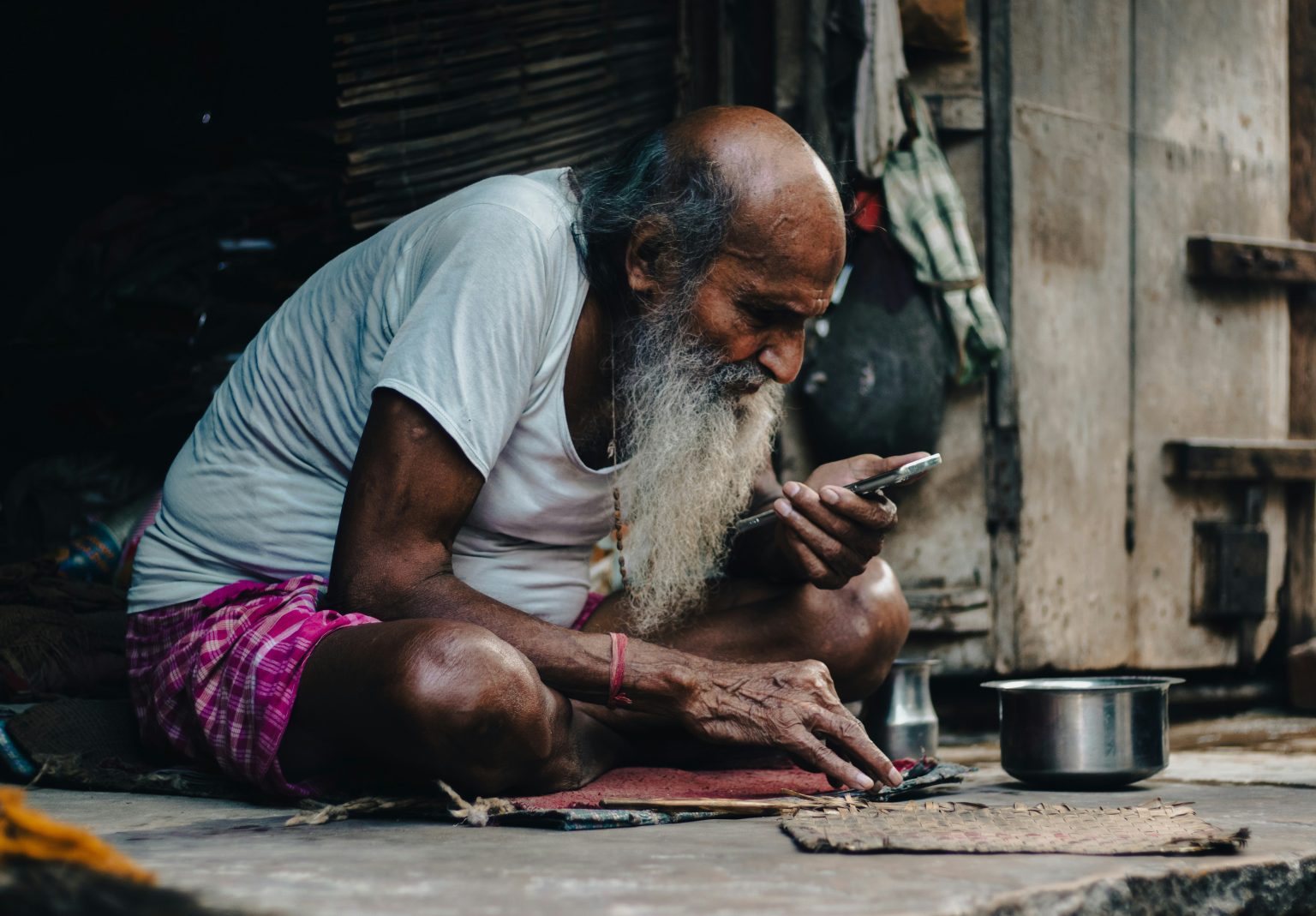Listen to the article
India’s Battle Against Misinformation: A Growing National Security Concern
In a pointed social media post that sparked widespread debate, stand-up comedian Neeti Palta recently questioned why news media outlets aren’t held to the same standards of accountability as comedians when it comes to spreading misinformation. Her comment highlighted a troubling disparity in how different forms of public communication are scrutinized in India, especially in the context of the recent Operation Sindoor, India’s military offensive against Pakistan.
The military operation revealed how misinformation has evolved into a potent weapon in modern conflicts. Beyond the physical battlefield, an equally fierce “information war” unfolded across traditional and social media platforms, with both nations weaponizing information to shape public perception.
The digital landscape quickly became flooded with unverified claims. Pakistan’s military distributed doctored videos claiming to show downed Indian drones and damaged air bases, while India’s Press Information Bureau worked to debunk these assertions through fact-checking. Pakistan, meanwhile, dismissed India’s reports of targeting terrorist camps as baseless propaganda.
Social media platforms became breeding grounds for deception, with AI-generated images and repurposed footage from other conflicts being presented as current events. Several Indian news channels falsely reported that Indian defense units had crossed into Pakistani territory, while nationalist groups and online networks openly advocated using disinformation as a strategic weapon against Pakistan.
This digital battleground demonstrated that winning hearts and minds online has become as crucial as conventional military victories in modern warfare.
India has legal frameworks in place to combat misinformation, though their effectiveness remains questionable. The Bharatiya Nyaya Sanhita of 2023 criminalizes the spread of false statements intended to cause public alarm or incite violence. The Information Technology Act empowers the government to block online content that threatens national security, while the Press Council Act establishes ethical standards for journalism.
However, implementing these laws faces significant challenges. The sheer volume and velocity of information on social media platforms makes tracing the origins of false content extremely difficult. Defining “misinformation” in legal terms without infringing on free speech rights presents another hurdle. Critics also worry about these laws being misused to suppress legitimate dissent rather than targeting genuinely harmful content.
Government fact-checking mechanisms often struggle with credibility issues, and enforcing takedown orders on global social media platforms presents jurisdictional challenges. By the time content is removed, the damage is typically already done, as seen with viral conspiracy theories during the COVID-19 pandemic that contributed to vaccine hesitancy despite eventual platform removals.
Compounding these issues is India’s low digital literacy rate, particularly in rural areas where gender disparities in technology access are pronounced. According to the 78th Round of National Sample Survey, many Indians lack the skills to evaluate online information critically, making them especially vulnerable to manipulation.
The rise of artificial intelligence further complicates matters. AI tools now generate increasingly convincing fake images, videos, and audio, making it nearly impossible for the average person to distinguish authentic content from sophisticated manipulations. During recent Indian elections, AI was reportedly used to create personalized campaign messages, synthetic speeches, and even lifelike videos of deceased leaders.
Media responsibility during crisis situations has long been a concern in India. Following the 26/11 Mumbai attacks, the Supreme Court strongly criticized electronic media for their live coverage of security operations, noting that such reporting likely aided the terrorists while serving no social purpose beyond commercial interests and higher ratings.
In response to similar concerns after the Pahalgam attack, the Ministry of Information and Broadcasting issued an advisory urging all media platforms to refrain from live reporting of defense operations, emphasizing that unrestricted coverage during military actions can endanger lives and compromise national security.
Addressing India’s misinformation crisis requires a multifaceted approach that goes beyond legal frameworks. The country must invest heavily in digital literacy and critical thinking education, particularly in underserved communities. Media organizations need to prioritize accuracy through robust fact-checking initiatives and demonstrate transparency by promptly correcting errors.
Independent fact-checking services should receive greater support and be made accessible in various regional languages. Perhaps most importantly, India needs to foster a culture where individuals critically evaluate information before sharing it.
The recent tensions between India and Pakistan have demonstrated that misinformation is not merely an annoyance but a significant national security threat. Tackling this challenge demands collaborative efforts from government agencies, media organizations, technology platforms, educators, and individual citizens.
By prioritizing digital literacy, ethical journalism, and critical thinking, India can build a more informed and resilient society capable of distinguishing truth from manipulation in an increasingly complex information landscape.
Verify This Yourself
Use these professional tools to fact-check and investigate claims independently
Reverse Image Search
Check if this image has been used elsewhere or in different contexts
Ask Our AI About This Claim
Get instant answers with web-powered AI analysis
Related Fact-Checks
See what other fact-checkers have said about similar claims
Want More Verification Tools?
Access our full suite of professional disinformation monitoring and investigation tools



